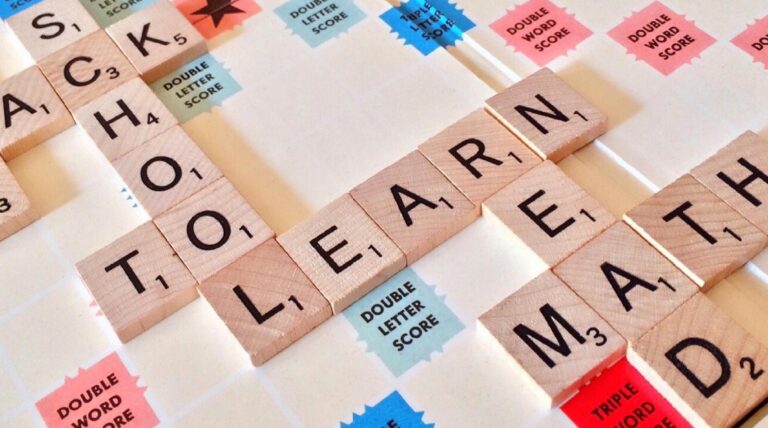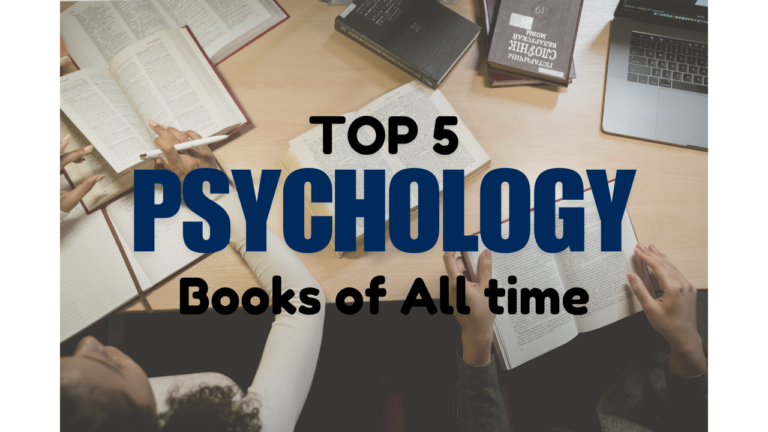Philosophy books offer profound insights into life, existence, and humanity’s deepest questions. If you’re searching for a guide to intellectual growth, these timeless classics are a perfect start. Each book has been carefully selected for its unique ability to challenge conventional beliefs and inspire profound personal transformation.
1. “The Republic” by Plato
Overview:
Plato’s The Republic is a cornerstone of Western philosophy. Structured as a dialogue led by Socrates, it examines the nature of justice, the ideal state, and the role of individuals in society. Central to the book are the concepts of the philosopher-king and the allegory of the cave, which explores the human journey from ignorance to enlightenment.
Key Points:
- Justice and Society: Plato defines justice as everyone performing their designated role in harmony.
- Philosopher-Kings: A vision of rulers guided by wisdom rather than power or wealth.
- Education and Reality: The allegory of the cave illustrates how education transforms perception.
Notable Quote:
“The heaviest penalty for declining to rule is to be ruled by someone inferior to yourself.”
Why It’s Transformative:
Reading The Republic helps you critically analyze governance, societal roles, and personal ethics. It’s an excellent resource for anyone interested in philosophy, politics, or self-improvement.
2. “Meditations” by Marcus Aurelius
Overview:
Written as personal reflections, Meditations is a collection of Stoic wisdom. Marcus Aurelius, a Roman emperor, shares practical advice on dealing with life’s adversities, staying virtuous, and maintaining inner peace despite external chaos.
Key Points:
- Focus on Control: Learn to differentiate between what you can and cannot control.
- Resilience: Life is unpredictable; your reaction defines your strength.
- Memento Mori: Remember your mortality and use it as motivation to live well.
Notable Quote:
“You have power over your mind—not outside events. Realize this, and you will find strength.”
Why It’s Transformative:
Meditations teaches valuable lessons on self-discipline, patience, and perspective. It’s ideal for those seeking practical wisdom to navigate modern challenges.
3. “Critique of Pure Reason” by Immanuel Kant
Overview:
Kant’s Critique of Pure Reason explores the limitations and scope of human understanding. It merges rationalism and empiricism, dissecting how we perceive the world and gain knowledge. This book is dense but rewarding for those willing to engage deeply.
Key Points:
- A Priori vs. A Posteriori Knowledge: Kant distinguishes between knowledge we are born with and that which comes from experience.
- Phenomena vs. Noumena: The world as we perceive it differs from how it truly is.
- Limits of Reason: There are boundaries to what human reason can comprehend.
Notable Quote:
“Thoughts without content are empty, intuitions without concepts are blind.”
Why It’s Transformative:
This book challenges you to rethink the very nature of reality and human cognition, offering profound insights into how knowledge shapes our lives.
4. “Being and Time” by Martin Heidegger
Overview:
A seminal work in existentialism, Being and Time examines what it means to exist. Heidegger delves into concepts of time, freedom, and authenticity, challenging readers to live a life true to their essence.
Key Points:
- Dasein: Heidegger’s term for “being there,” emphasizing individual existence.
- Authenticity: Living true to oneself rather than conforming to societal expectations.
- Mortality: Recognizing life’s finitude as a motivation for meaningful living.
Notable Quote:
“Every man is born as many men and dies as a single one.”
Why It’s Transformative:
Reading Being and Time encourages deep introspection, making you question your choices and embrace a more authentic existence.
5. “Beyond Good and Evil” by Friedrich Nietzsche
Overview:
Nietzsche’s Beyond Good and Evil critiques traditional morality and societal norms. It presents a radical vision of human potential, urging readers to go “beyond” conventional notions of good and evil to create their own values.
Key Points:
- Master-Slave Morality: A critique of moral systems rooted in power dynamics.
- The Will to Power: A driving force behind human ambition and creativity.
- Individualism: Emphasizing the need to break free from societal constraints.
Notable Quote:
“He who fights with monsters should be careful lest he thereby become a monster.”
Why It’s Transformative:
This book is a call to embrace individuality and challenge societal norms, making it a must-read for those seeking to live boldly.
Final Thoughts:
Each of these books offers a unique perspective on life, ethics, and existence. They challenge the reader to think deeply, question assumptions, and grow intellectually and emotionally. Whether you’re new to philosophy or a seasoned enthusiast, these works promise to enrich your understanding of the world and your place in it. Also, Read our another post on Top 10 proven strategies to read books – click here
Pick one, dive in, and start your transformative journey today!


